Astronomy news, features and articles
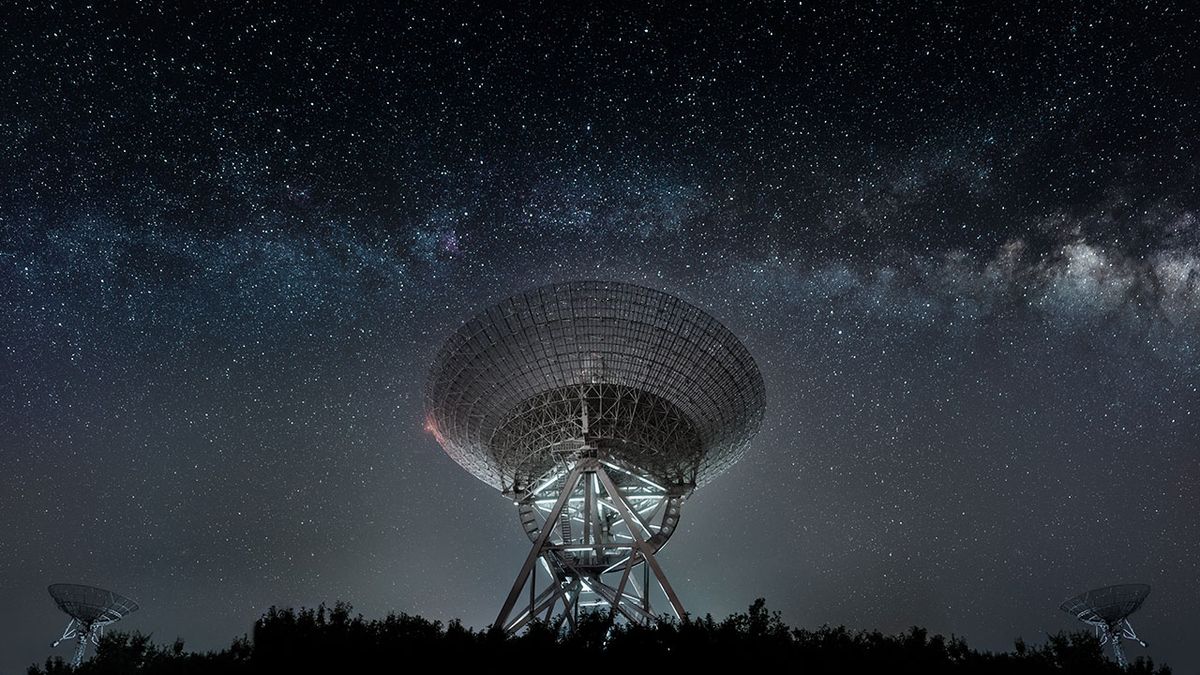
Staring up into the night sky, it's easy to be overwhelmed by the seemingly infinite expanse of space, with every pinprick of light in the vast canopy of darkness a star holding secrets forged by 13.8 billion years of the universe's existence. And yet, despite its great age and the unfathomable distance between us and even our nearest neighbor, through the study of astronomy we are able to understand more about the world beyond our atmosphere.
Join our expert writers and editors as we reveal the greatest mysteries in cosmology, such as how black holes form, and explore celestial bodies like exoplanets and nebulas, that are scattered throughout our universe. You will also discover how scientists are pushing the boundaries of space exploration using observatories like the James Webb Space Telescope with the latest astronomy news, features and articles.
Discover more about astronomy
—35 jaw-dropping James Webb Space Telescope images
—What is the hottest place in the universe?
—Best telescopes 2024: Beginner and advanced scopes for stars, galaxies and nebulas
Latest about Astronomy
-
-
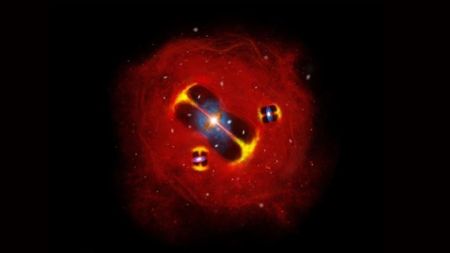
'How can all of this be happening?': Scientists spot massive group of ancient galaxies so hot they shouldn't exist
By Skyler Ware Published
-
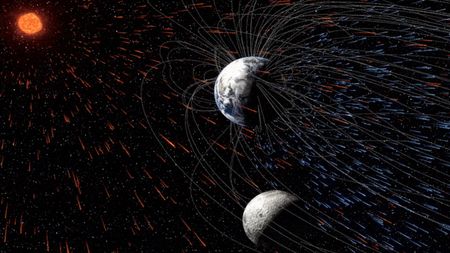
The moon has been secretly feasting on Earth's atmosphere for billions of years
By Harry Baker Published
-
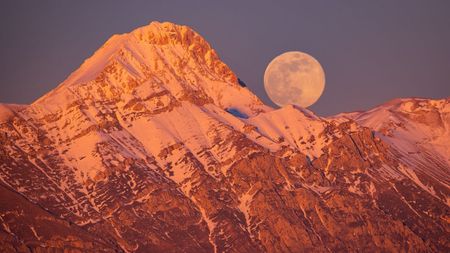
'Wolf Supermoon' gallery: See the first full moon of 2026 in pictures from across the world
By Sascha Pare Published
-
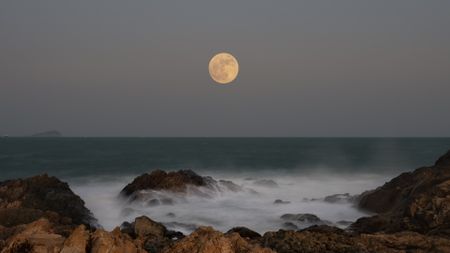
Full moons of 2026: When to see all 13 moons rise next year
By Jamie Carter Published
-
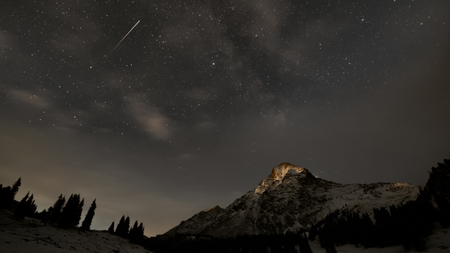
Quadrantid meteor shower peaks this week: How to see the first 'shooting' stars of the year
By Jamie Carter Published
-
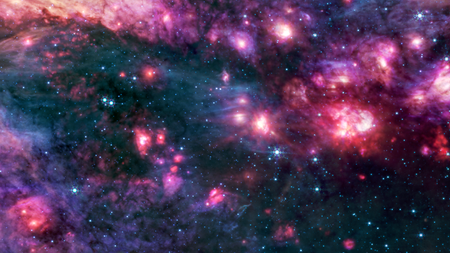
James Webb telescope spies a monstrous molecular cloud shrouded in mystery — Space photo of the week
By Shreejaya Karantha Published
-
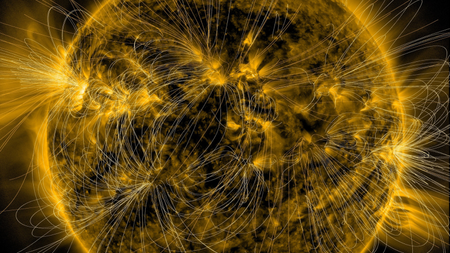
Is the sun really a dwarf star?
By Charles Q. Choi Published
-
Explore Astronomy
Asteroids
-
-
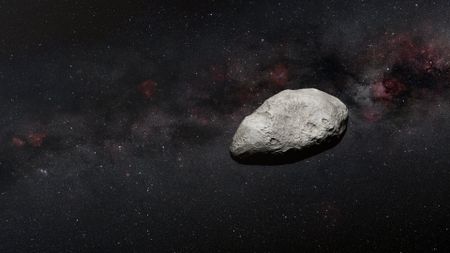
'Potentially hazardous' asteroid 2024 YR4 was Earth's first real-life planetary defense test
By Andy Tomaswick Published
-
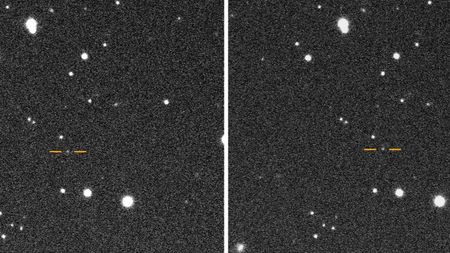
Astronomers discover skyscraper-size asteroid hidden in sun's glare
By Patrick Pester Published
-
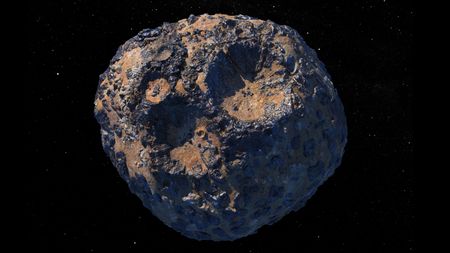
$100,000 quadrillion asteroid Psyche may be the product of metal volcanoes, study hints
By Deepa Jain Published
-
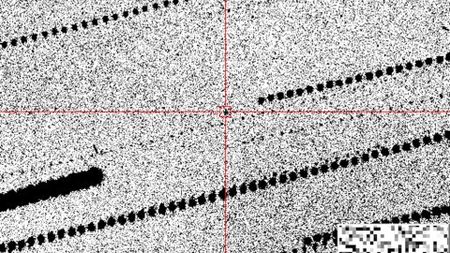
Sneaky asteroid zooms past Antarctica closer than a satellite — and astronomers didn't catch it until hours after
By Brandon Specktor Published
-
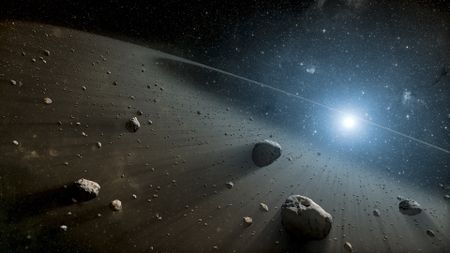
Our solar system's asteroid belt is slowly disappearing
By Mark Thompson Published
-
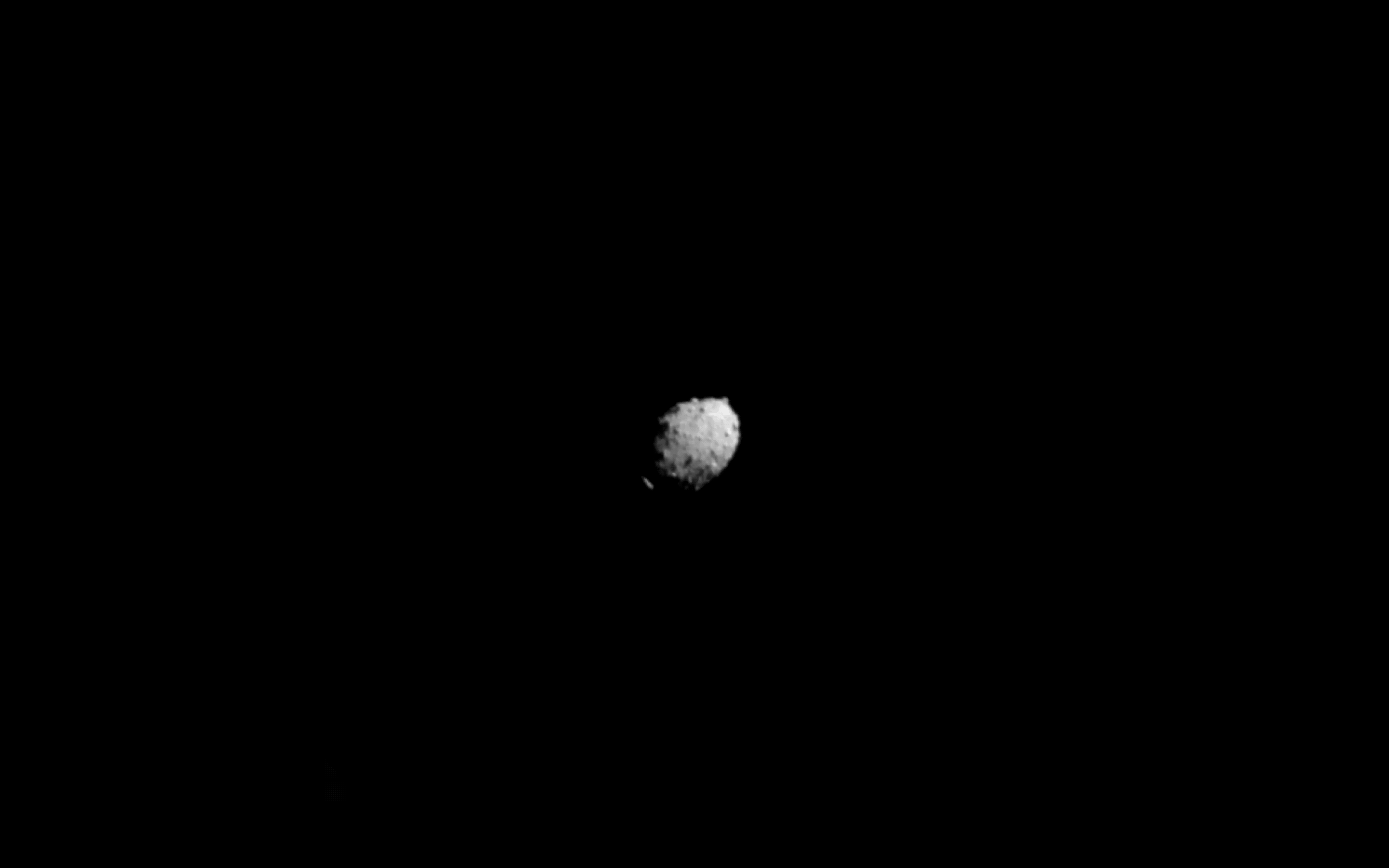
Science history: DART, humanity’s first-ever asteroid deflection mission, punches a space rock in the face — Sept. 26, 2022
By Tia Ghose Published
-
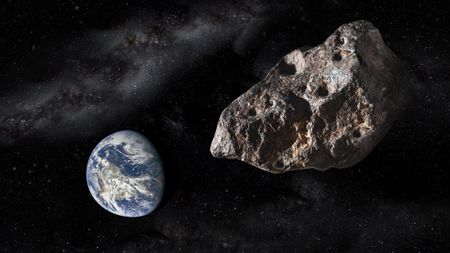
'City killer' asteroid could be nuked before close encounter with the moon
By Elizabeth Howell Published
-
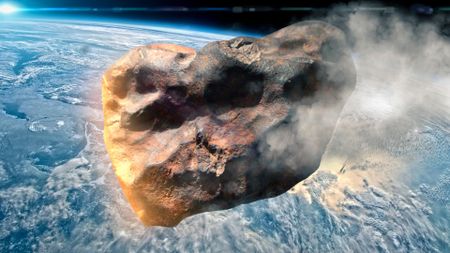
What happened to the asteroid that killed the dinosaurs?
By Jesse Steinmetz Published
-
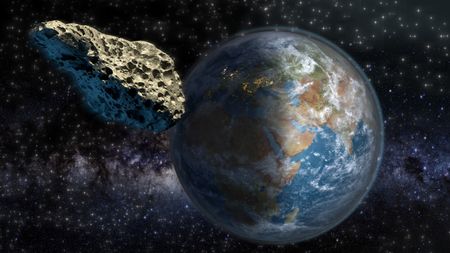
Skyscraper-size asteroid previously predicted to hit us in 60 years will zoom past Earth on Thursday (Sept. 18) — and you can see it live
By Harry Baker Published
-
Black Holes
-
-
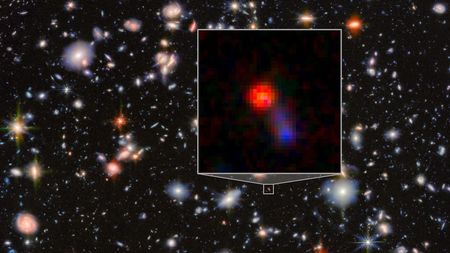
James Webb telescope finds supermassive black hole hidden inside 'Jekyll and Hyde' galaxy
By Patrick Pester Published
-
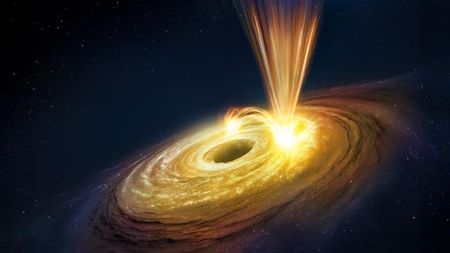
'A scale almost too big to imagine': Scientists spot monster black hole roaring with winds at more than 130 million mph
By Joanna Thompson Published
-
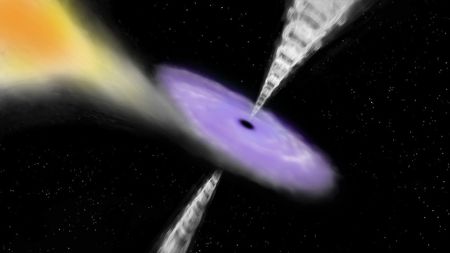
Scientists spot 2 black holes that took turns slaughtering 1 unlucky star
By Paul Sutter Published
-
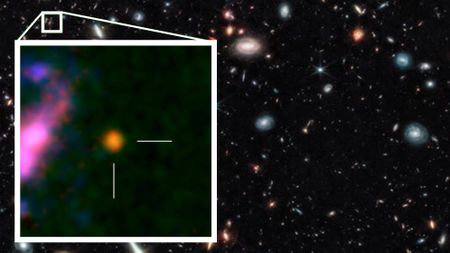
James Webb telescope may have discovered the earliest, most distant black hole ever seen
By Shreejaya Karantha Published
-
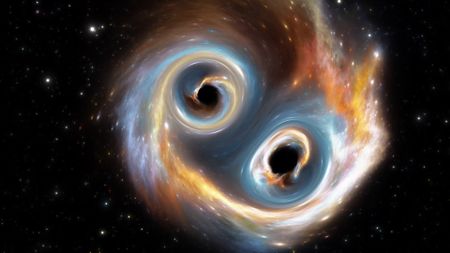
Record-breaking black hole collision finally explained
By Andrey Feldman Published
-
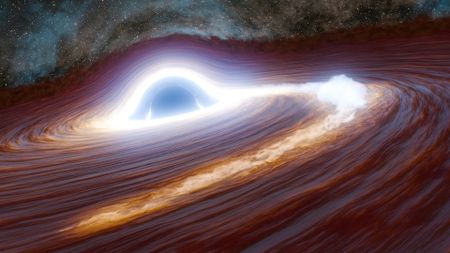
'Unlike any we've ever seen': Record-breaking black hole eruption is brighter than 10 trillion suns
By Elizabeth Howell Published
-
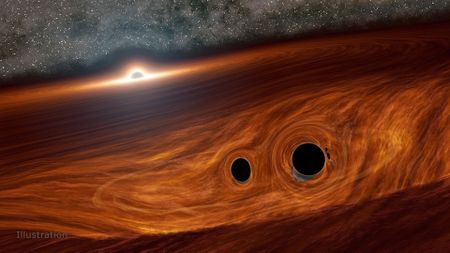
'Not so exotic anymore': The James Webb telescope is unraveling the truth about the universe's first black holes
By Jonas Enander Published
-
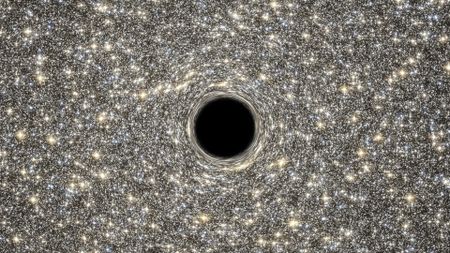
'Torn apart by the darkness': What would happen if a human fell into a black hole?
By Jonas Enander Published
-
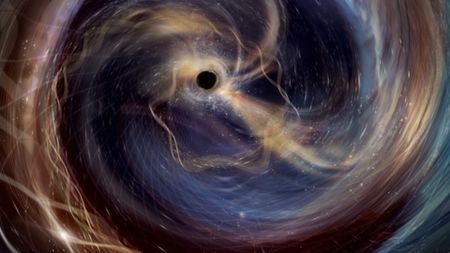
Physicists detect rare 'second-generation' black holes that prove Einstein right... again
By Elizabeth Howell Published
-
Comets
-
-
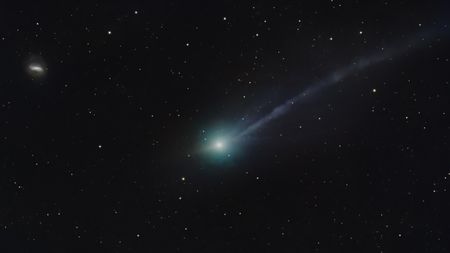
Interstellar comet 3I/ATLAS makes closest pass of Earth. Where's it heading next?
By Patrick Pester Published
-
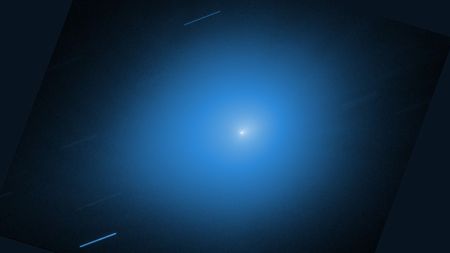
Comet 3I/ATLAS reaches its closest point to Earth tonight: How to see it
By Jamie Carter Last updated
-
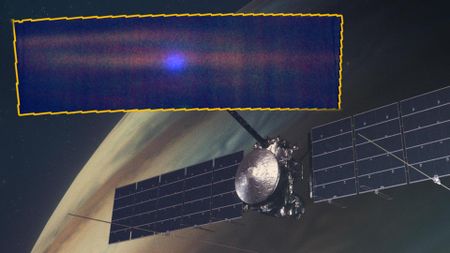
NASA eyes 3I/ATLAS with alien-hunting Clipper spacecraft in new image
By Brandon Specktor Published
-
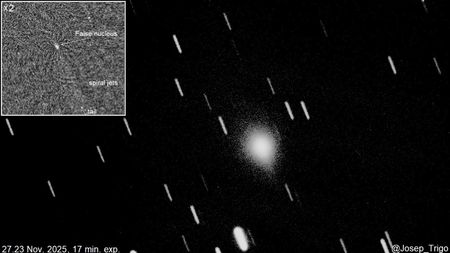
The UN's International Asteroid Warning Network is closely watching comet 3I/ATLAS. Here's why.
By Elizabeth Howell Published
-

Comet 3I/ATLAS is getting greener and brighter as it approaches Earth
By Brandon Specktor Published
-
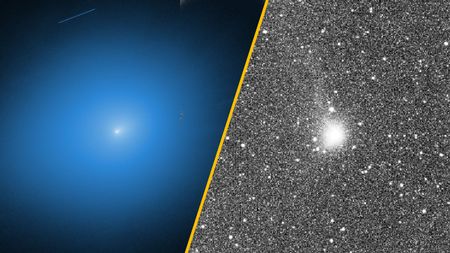
New 3I/ATLAS images show the comet getting active ahead of close encounter with Earth
By Brandon Specktor Published
-
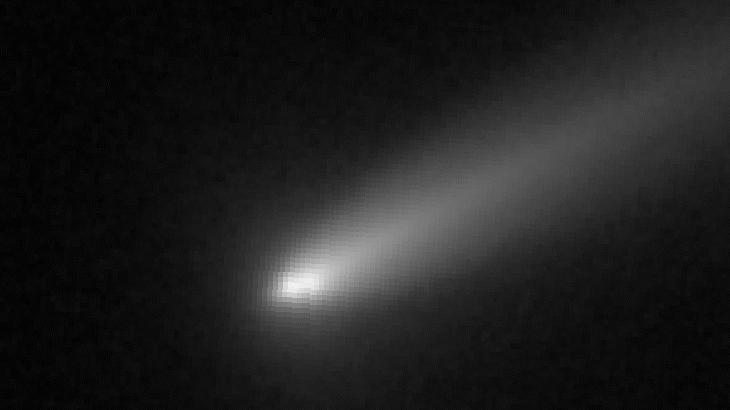
RIP 'other ATLAS': Watch the doomed comet explode into pieces in incredible new images
By Harry Baker Published
-
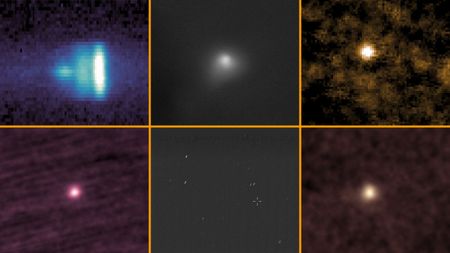
Comet 3I/ATLAS gallery: See NASA's long-awaited images of interstellar visitor
By Patrick Pester Published
-
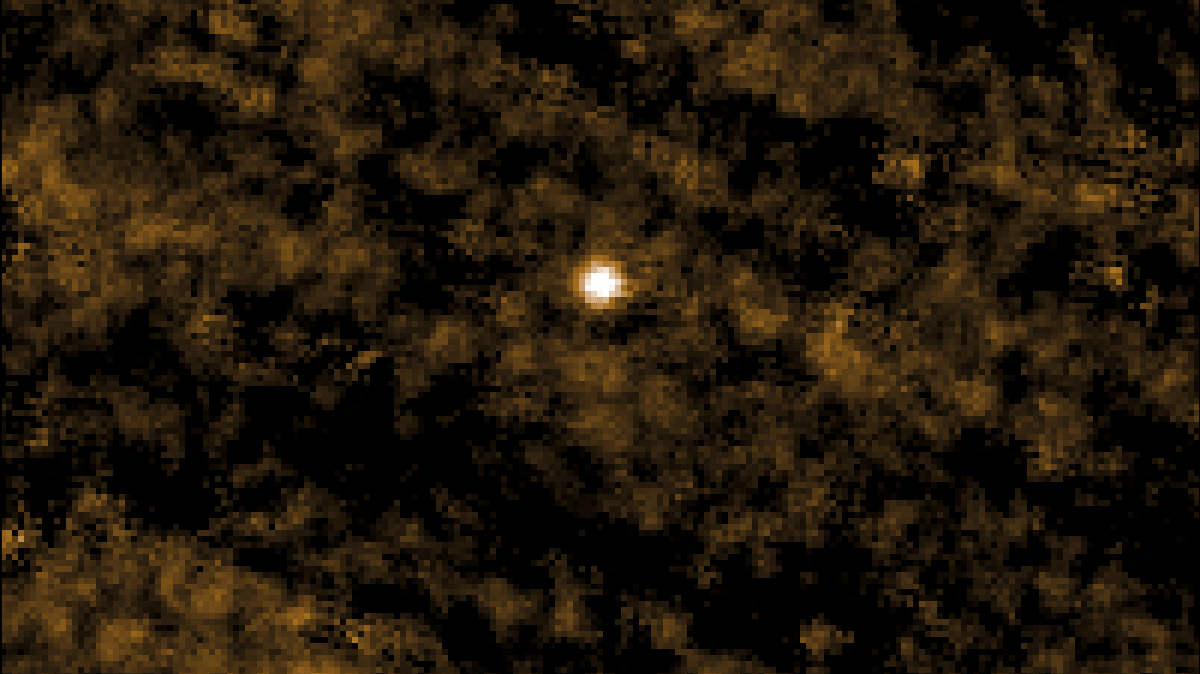
'3I/ATLAS is a comet': NASA finally releases new 3I/ATLAS images and addresses alien rumors
By Patrick Pester Published
-
Cosmology
-
-

'How can all of this be happening?': Scientists spot massive group of ancient galaxies so hot they shouldn't exist
By Skyler Ware Published
-
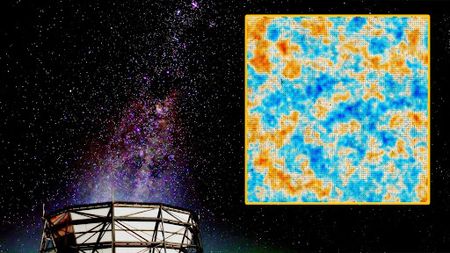
30 models of the universe proved wrong by final data from groundbreaking telescope
By Paul Sutter Published
-
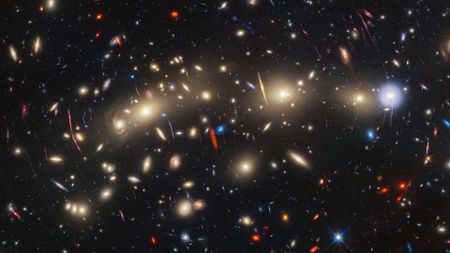
James Webb telescope may have found the first stars in the universe, new study claims
By Elizabeth Howell Published
-
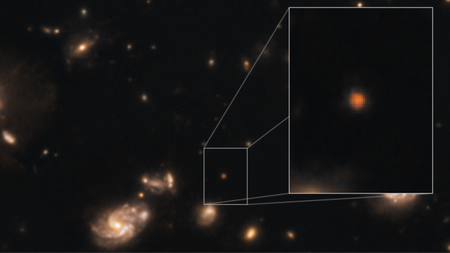
'Puzzling' object discovered by James Webb telescope may be the earliest known galaxy in the universe
By Sophie Berdugo Published
-
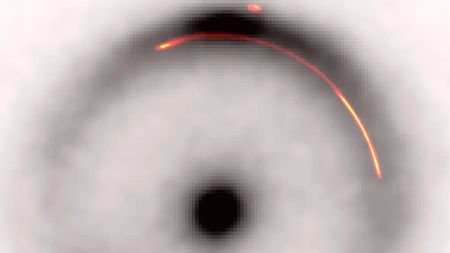
Record-breaking 'dark object' found hiding within a warped 'Einstein ring' 10 billion light-years away
By Harry Baker Published
-
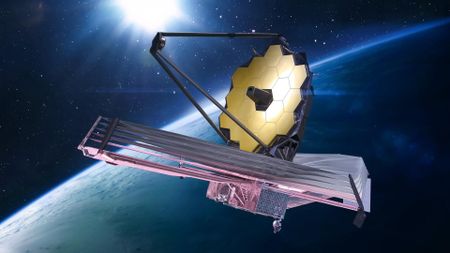
James Webb telescope could have spotted controversial 'dark stars' in the far universe
By Sophie Berdugo Published
-
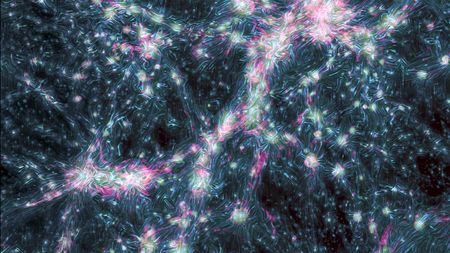
The universe's first magnetic fields were 'comparable' to the human brain — and still linger within the 'cosmic web'
By Harry Baker Published
-
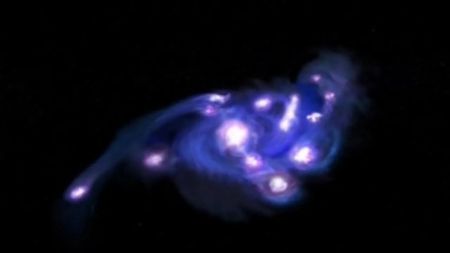
Astronomers find bizarre 'Cosmic Grapes' galaxy in the early universe. Here's why that's a big deal (photo)
By Samantha Mathewson Published
-
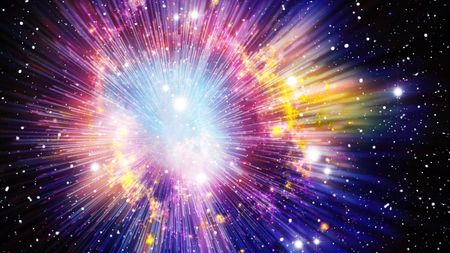
The universe may start dying in just 10 billion years, alarming new model predicts
By Harry Baker Published
-
Meteoroids
-
-
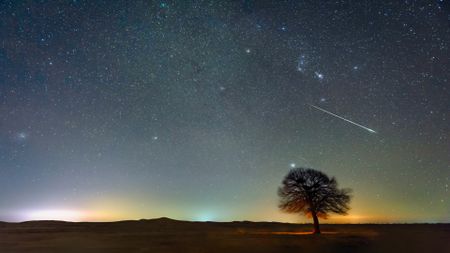
Ursid meteor shower 2025: When and where to see 'shooting stars' on the longest night of the year
By Jamie Carter Published
-
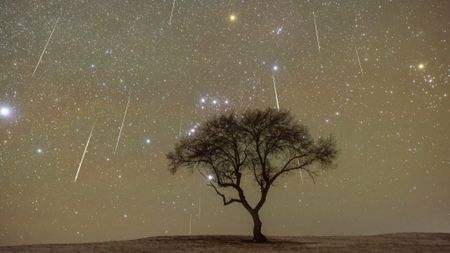
See up to 150 'shooting stars' per hour this weekend as the Geminid meteor shower reaches its stunning peak
By Jamie Carter Last updated
-
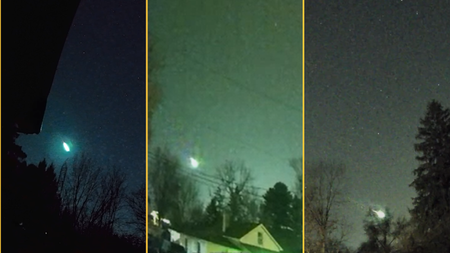
100,000 mph 'comet fragment' explodes in green fireball over Great Lakes, eerie videos show
By James Price Published
-
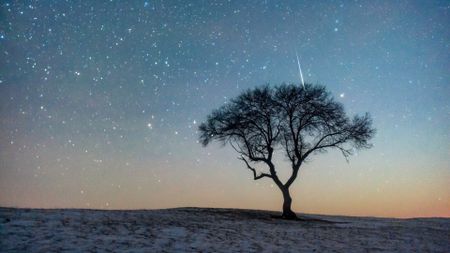
This week's Leonid meteor shower could be one of the best in years. Here's why.
By Jamie Carter Published
-
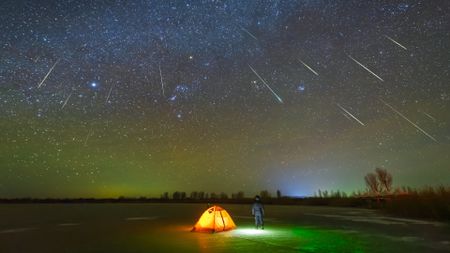
Orionids 2025: Meteor shower caused by Halley's Comet peaks as two new comets cross the sky
By Jamie Carter Published
-
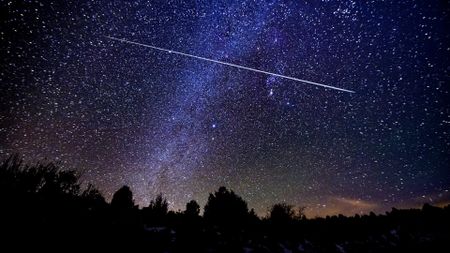
Dramatic 'fireballs' expected during Draconid meteor shower this week: How to get the best views
By Jamie Carter Published
-

Meteorite that crash landed through Georgia man's roof is 20 million years older than Earth, scientists say
By Patrick Pester Published
-
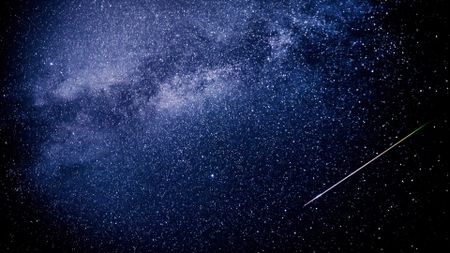
Perseid meteor shower 2025: How to see 'shooting stars' despite the full moon
By Jamie Carter Published
-
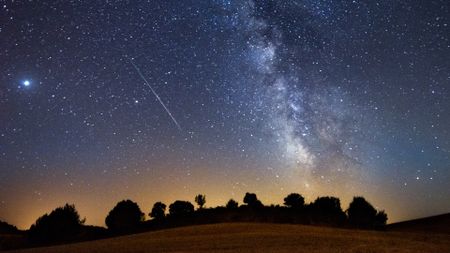
The Perseids are about to peak — here's how to watch the glorious meteor shower without the full moon ruining the show
By Jamie Carter Last updated
-
Planets
-
-
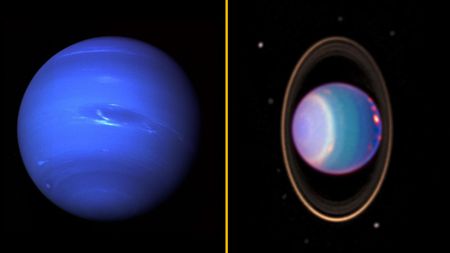
Uranus and Neptune may be 'rock giants,' not 'ice giants,' new model of their cores suggests
By Mason Wakley Published
-
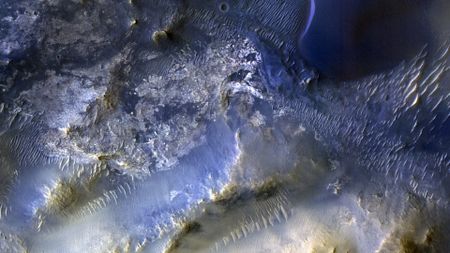
NASA spacecraft takes milestone 100,000th image of Mars (photo)
By Brandon Specktor Published
-
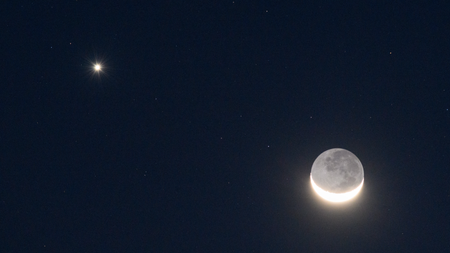
Why is Venus so bright?
By Deepa Jain Published
-
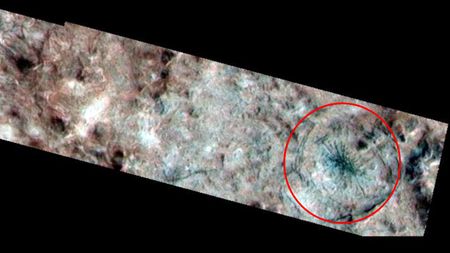
Spiders on Jupiter? Scientists uncover secret origins of arachnid-like 'demon' lurking on gas giant's moon.
By Harry Baker Published
-
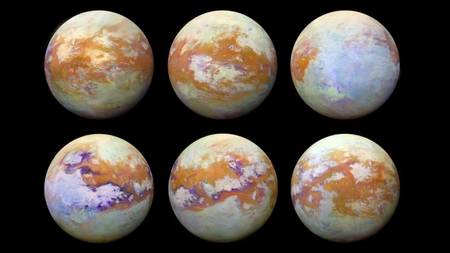
Saturn's largest moon may be riddled with 'slushy tunnels' that contain alien life, new study hints
By Elizabeth Howell Published
-
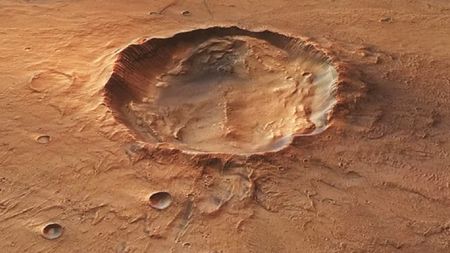
City-size 'cosmic butterfly' carved into Mars' surface contains traces of ancient water
By Harry Baker Published
-
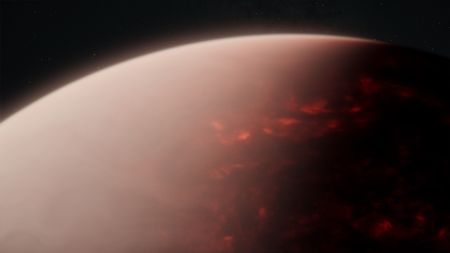
James Webb telescope uncovers a new mystery: A broiling 'hell planet' with an atmosphere that shouldn't exist
By Tia Ghose Published
-
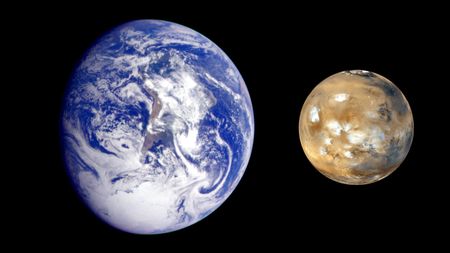
Time moves faster on Mars, posing new challenges to crewed missions
By Deepa Jain Published
-
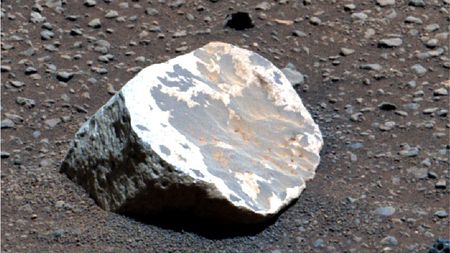
Strangely bleached rocks on Mars hint that the Red Planet was once a tropical oasis
By Joanna Thompson Published
-
The Moon
-
-

The moon has been secretly feasting on Earth's atmosphere for billions of years
By Harry Baker Published
-

'Wolf Supermoon' gallery: See the first full moon of 2026 in pictures from across the world
By Sascha Pare Published
-

Full moons of 2026: When to see all 13 moons rise next year
By Jamie Carter Published
-
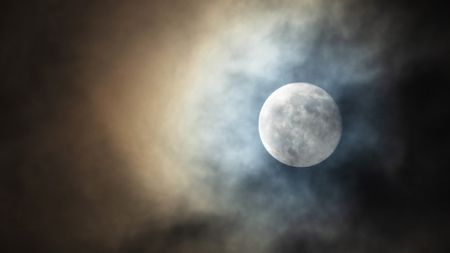
When is the next full moon?
By Jamie Carter Last updated
-
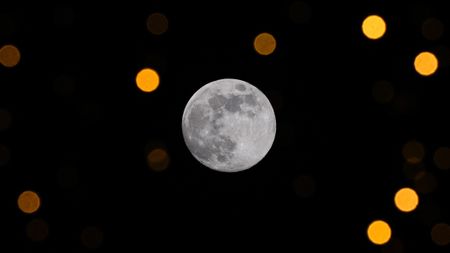
Cold Moon 2025: See the last and highest full moon of the year
By Jamie Carter Last updated
-
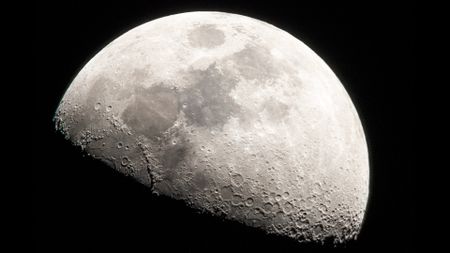
Scientists finally find explanation for lopsided cloud that follows Earth's moon through space
By Deepa Jain Published
-
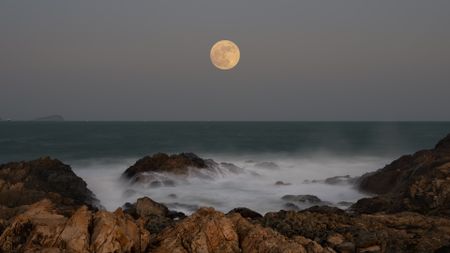
Beaver Supermoon: The biggest, brightest full moon of the year rises tonight
By Jamie Carter Published
-
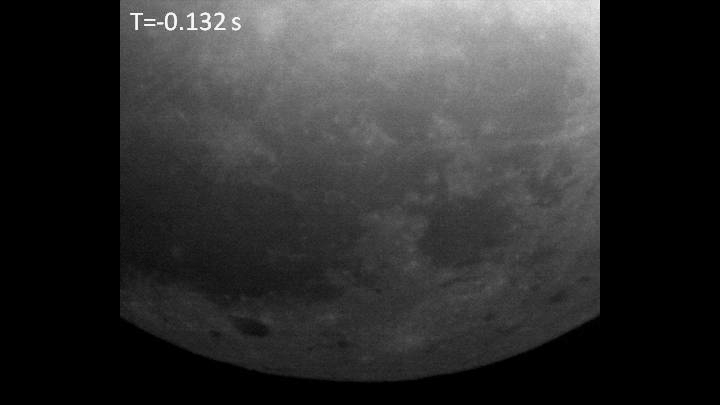
What are the mysterious lights sometimes seen on the moon?
By Deepa Jain Published
-
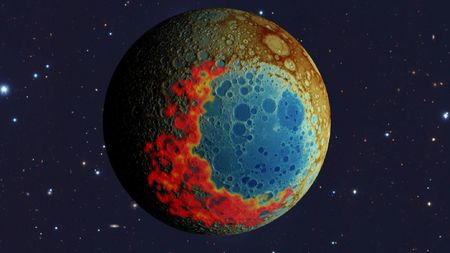
We were wrong about how the moon's largest and oldest crater formed — and that's great news for NASA's next lunar landing
By Harry Baker Published
-
The Sun
-
-

Is the sun really a dwarf star?
By Charles Q. Choi Published
-
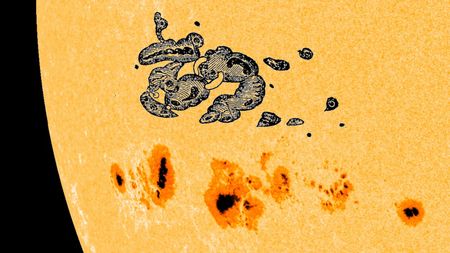
Giant sunspot on par with the one that birthed the Carrington Event has appeared on the sun — and it's pointed right at Earth
By Harry Baker Published
-
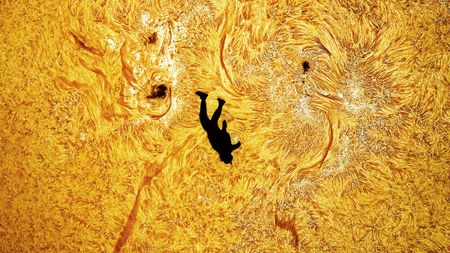
Astrophotographer snaps 'absolutely preposterous' photo of skydiver 'falling' past the sun's surface
By Harry Baker Published
-
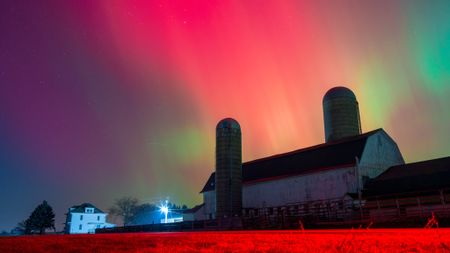
'Severe' solar storm brings auroras as far south as Florida — and more are on the way tonight
By Brandon Specktor Last updated
-
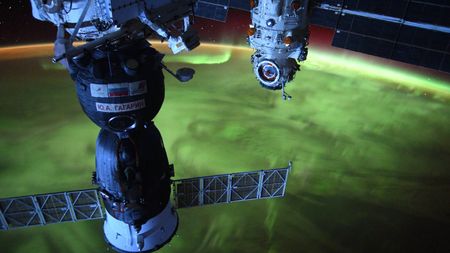
The next Carrington-level solar superstorm could wipe out 'all our satellites,' new simulations reveal
By Harry Baker Published
-
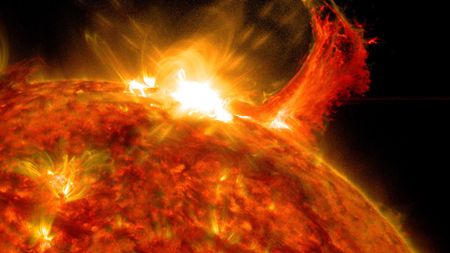
Mystery of the sun's mind-bogglingly hot atmosphere may finally be solved
By Elizabeth Howell Published
-
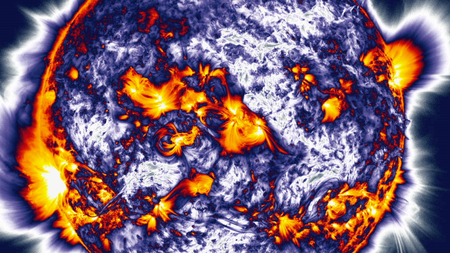
'The sun is slowly waking up': NASA warns that there may be more extreme space weather for decades to come
By Harry Baker Published
-

Gigantic 'letter S' spotted on the sun just before a 'dark eruption' hurls a fiery shadow at Earth
By Harry Baker Published
-
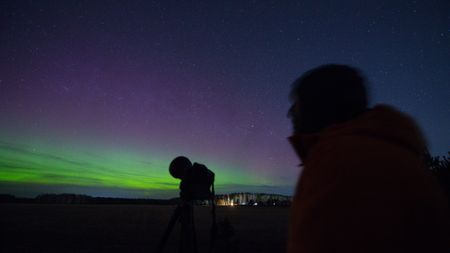
'Cannibal' solar storm could paint auroras above 18 US states this Labor Day
By Harry Baker Published
-
More about Astronomy
-
-

Is the sun really a dwarf star?
By Charles Q. Choi Published
-

Uranus and Neptune may be 'rock giants,' not 'ice giants,' new model of their cores suggests
By Mason Wakley Published
-
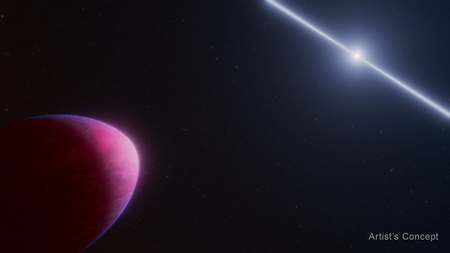
'What the heck is this?' James Webb telescope spots inexplicable planet with diamonds and soot in its atmosphere
By Elizabeth Howell Published
-

